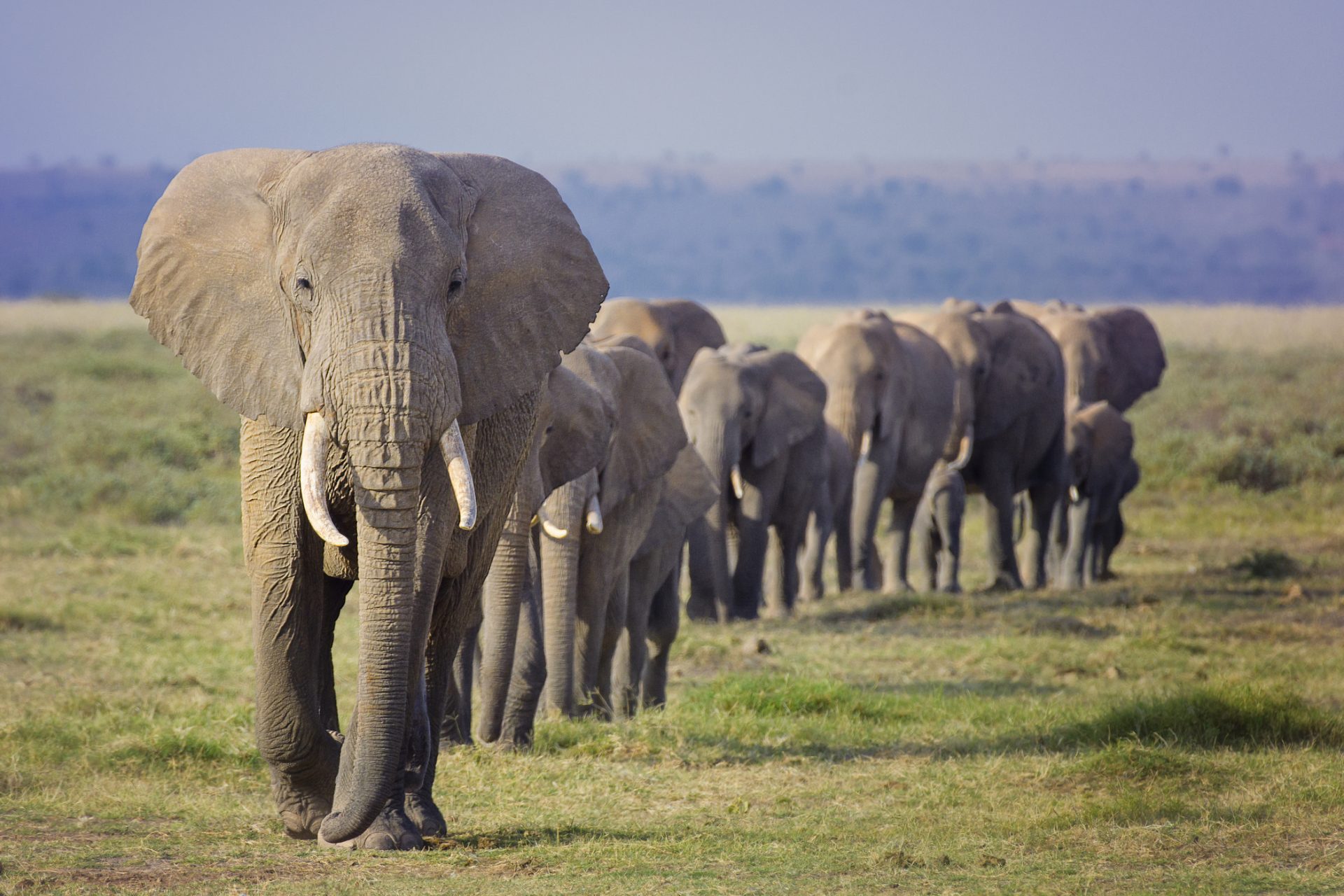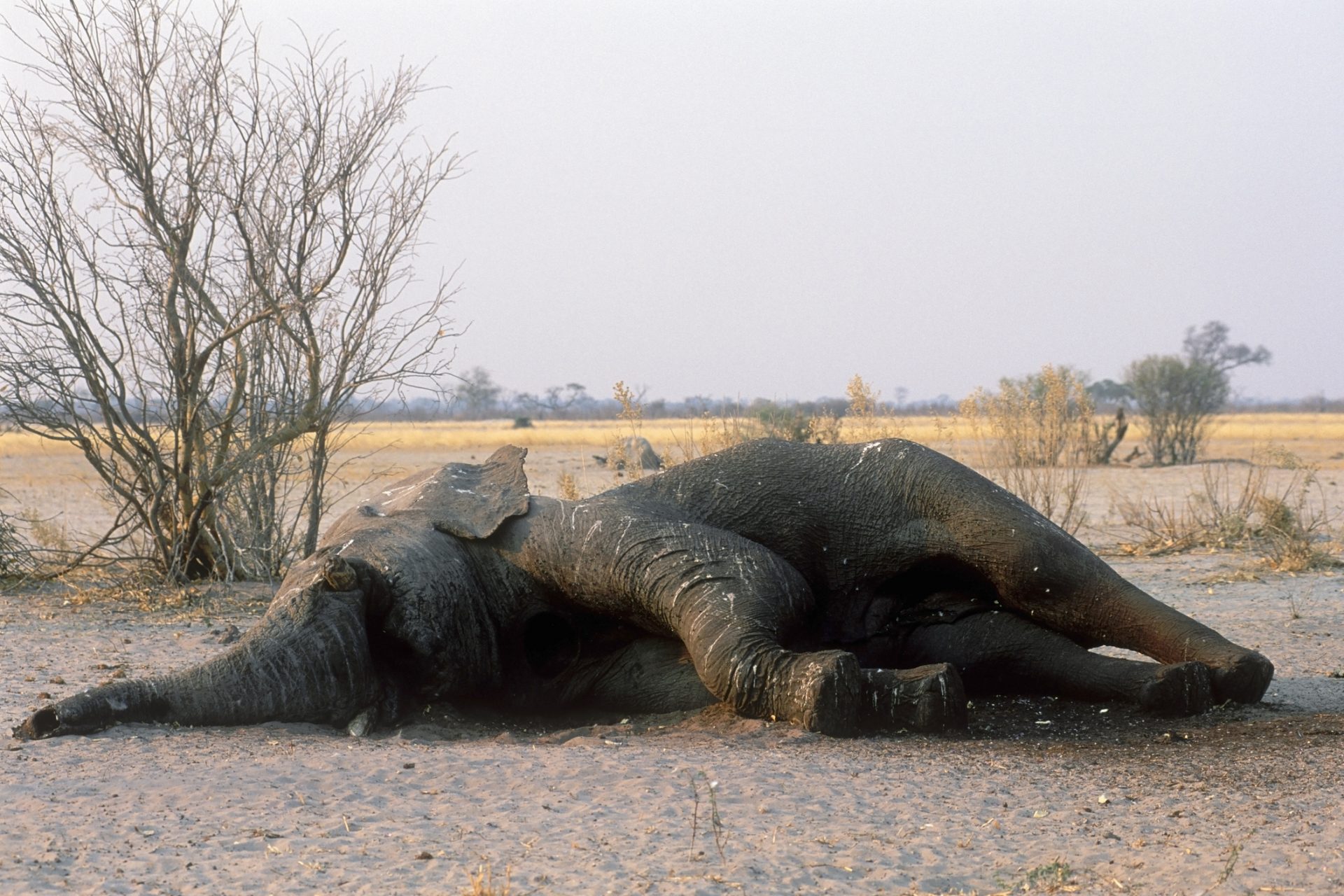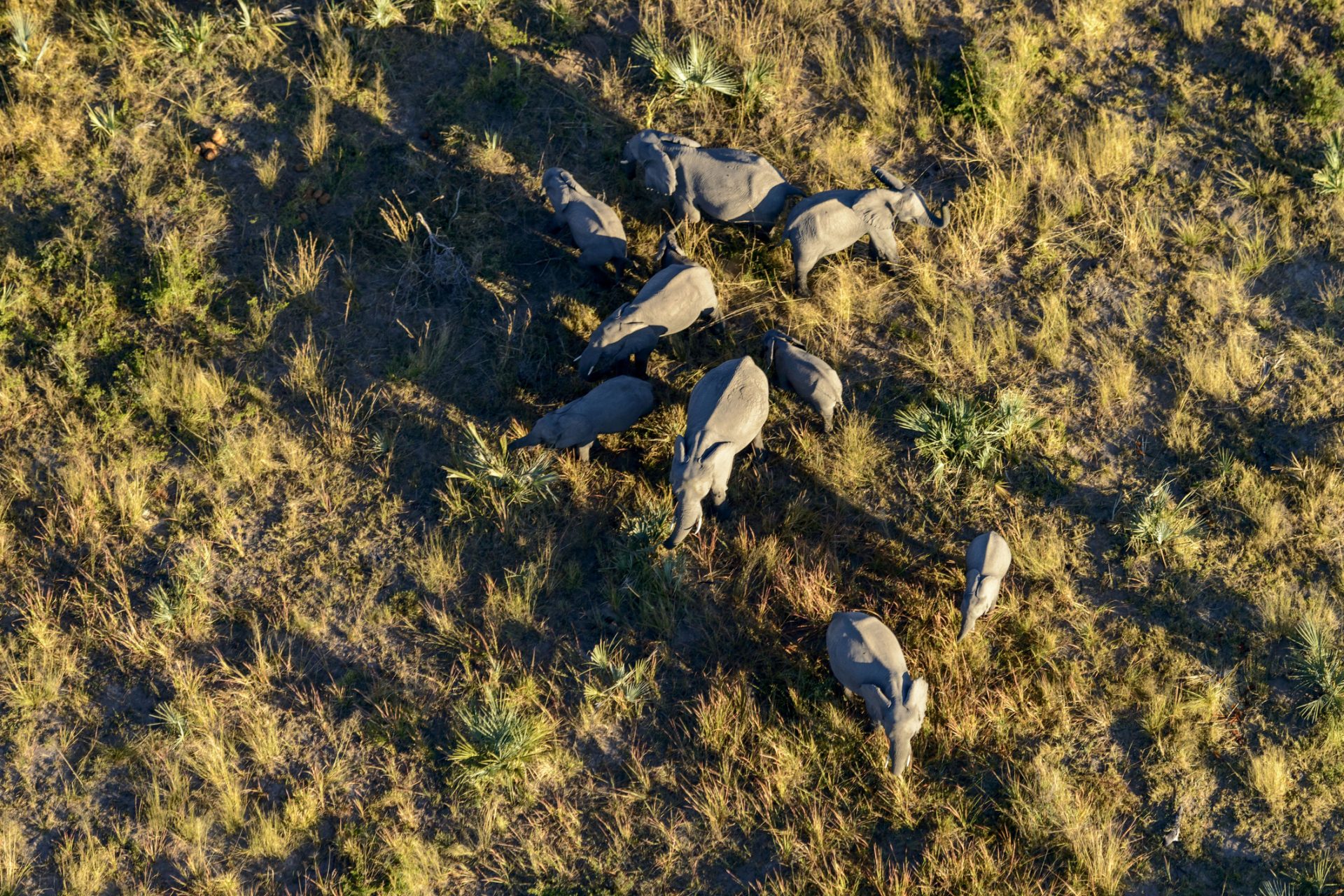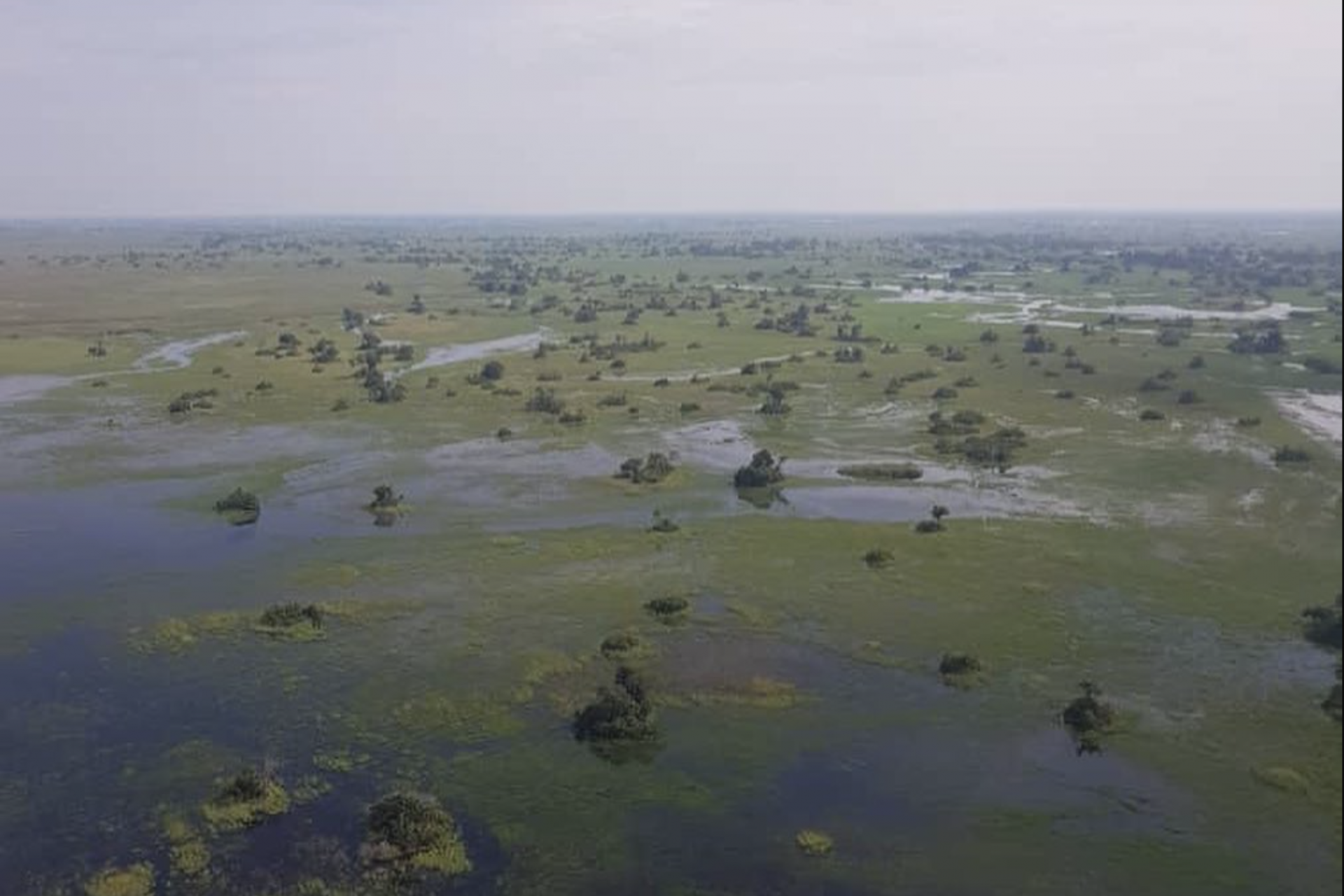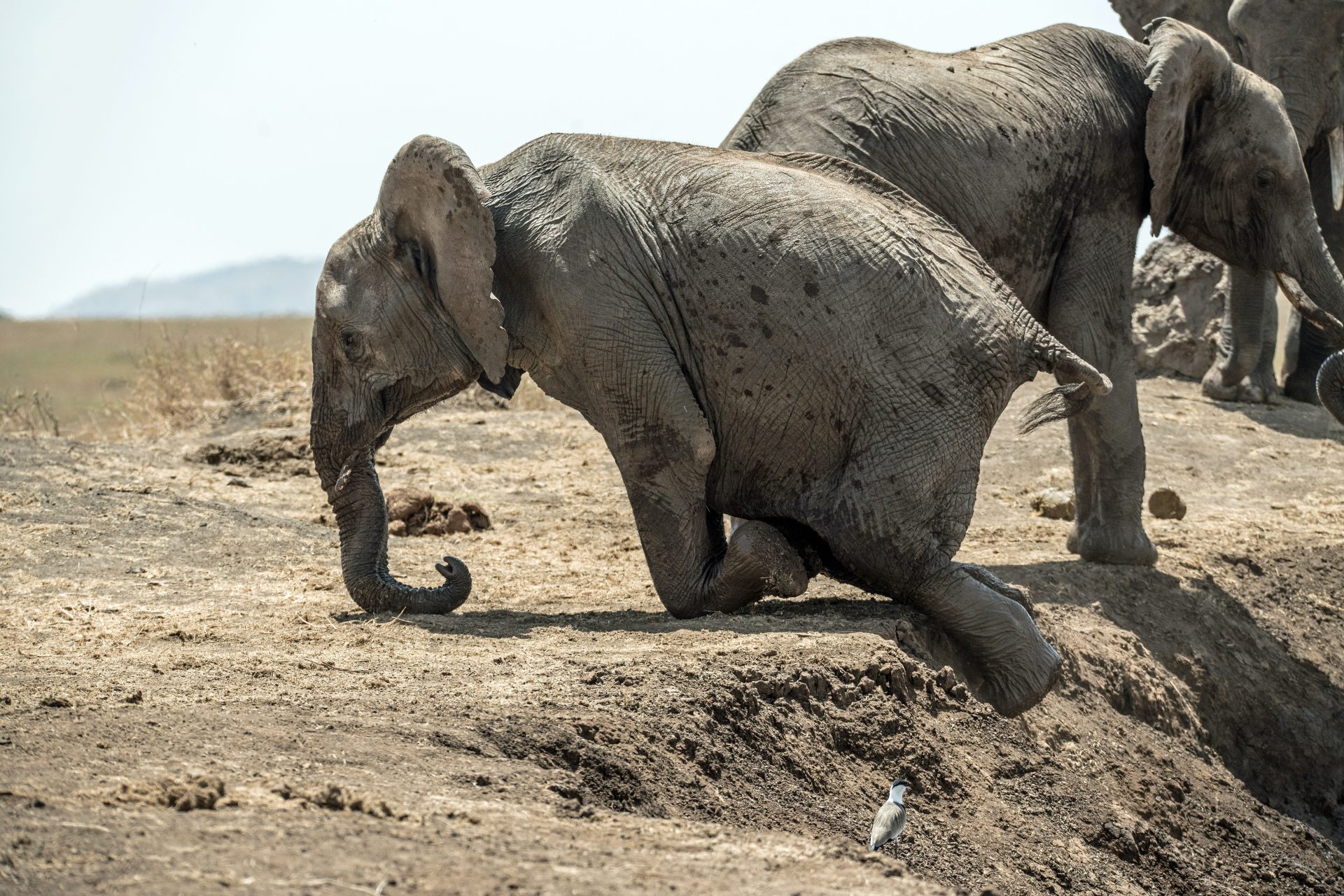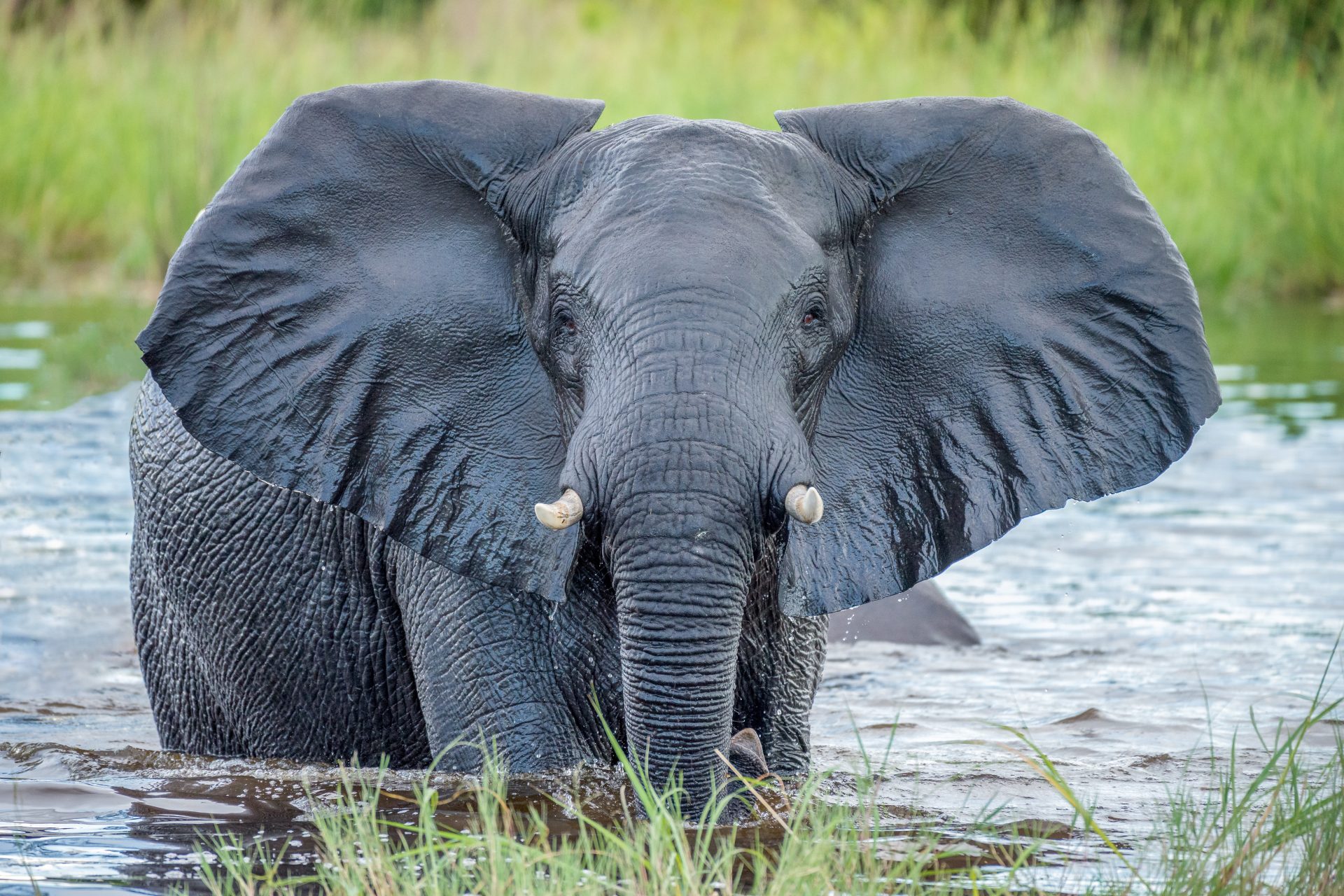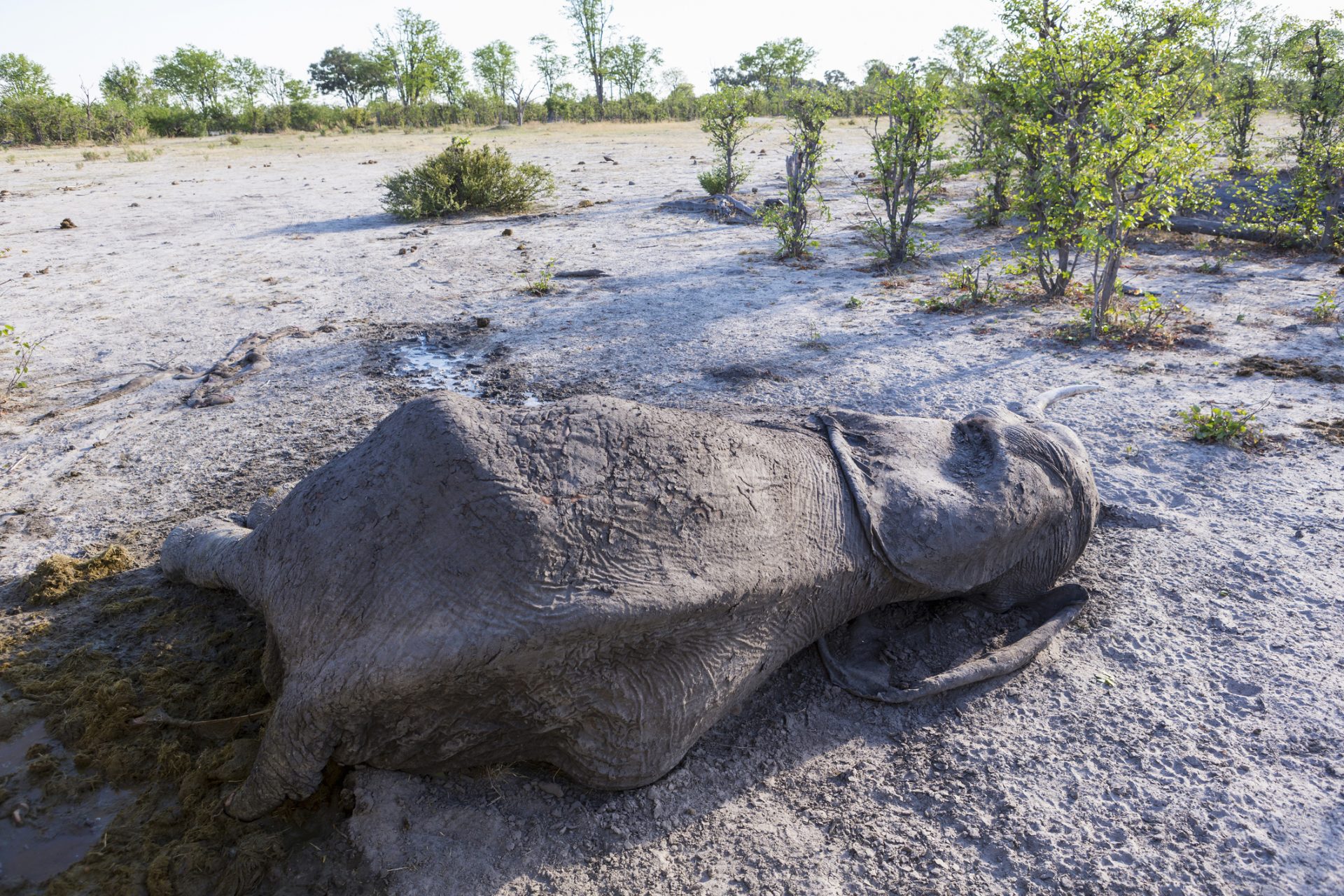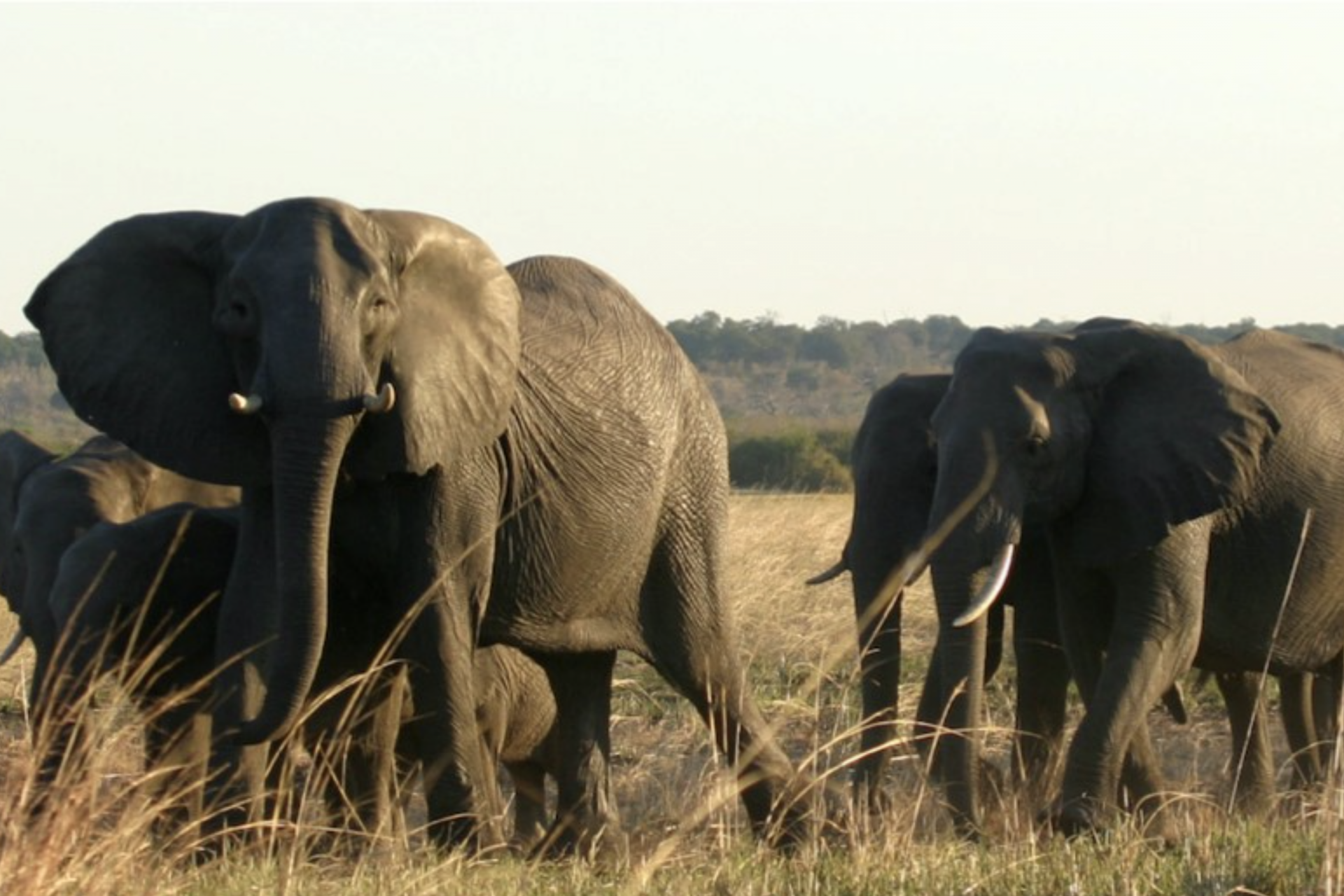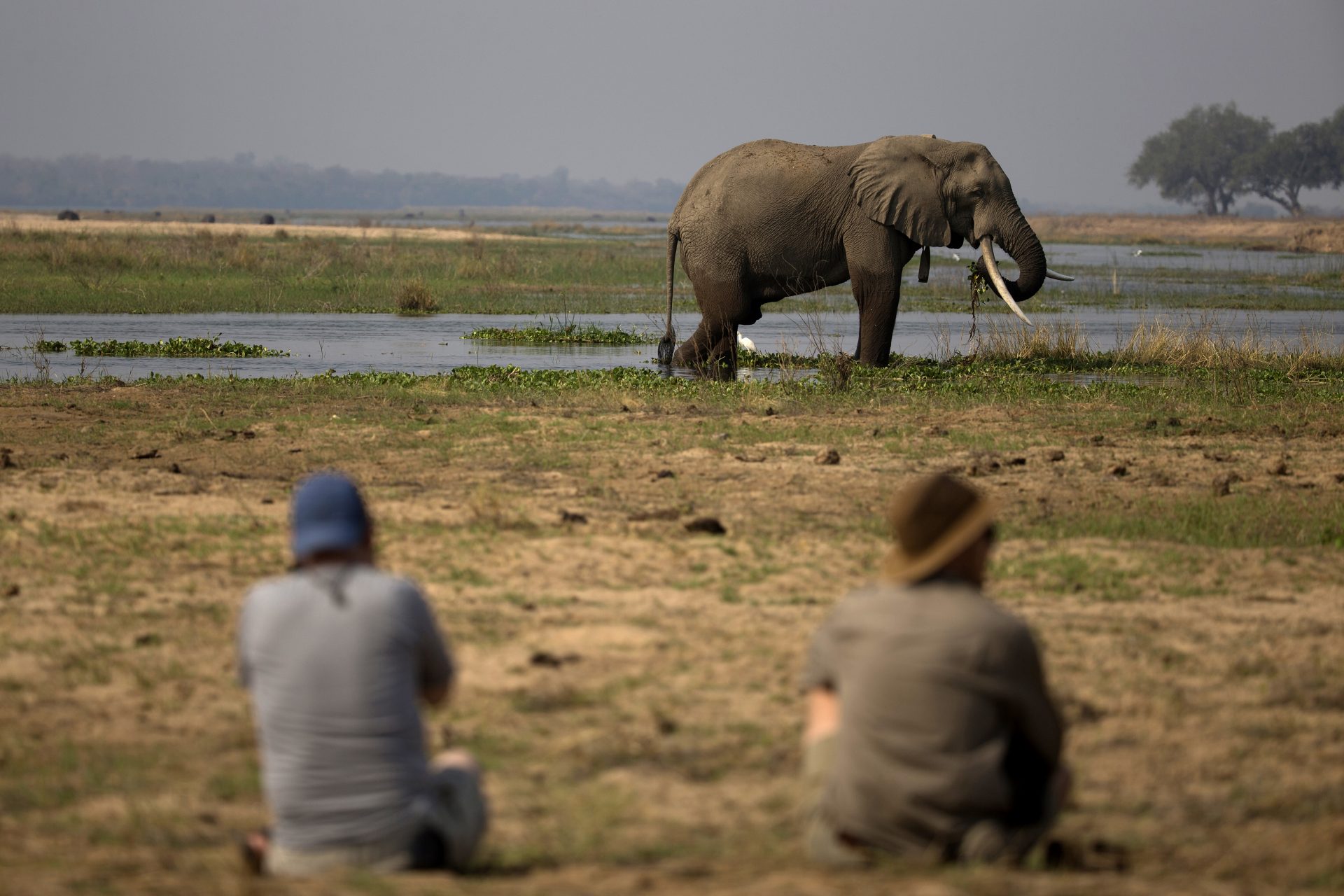Hundreds of elephants died under mysterious circumstances and we didn't know why until recently
Botswana's Okavango Delta is a region that draws in thousands and thousands of migrating elephants. But between May and June of 2020, hundreds of elephants just up and mysteriously died and we didn't know until late 2023.
Some reports explained the elephant die-off might have begun as early as March 2022 but the first animal carcasses weren’t discovered until May. CBS News reported the first 169 carcasses were found during flyovers.
By June, the elephant death toll had risen to 350 and officials were growing increasingly worried about what caused the die-off and if it would affect the rest of the elephant herds. “It’s a disaster,” said Dr. Niall McCann, Conservation Director for the National Park Rescue organization.
Photo Credit: Twitter @NiallPMcCann
"Until we know that this is no longer a danger to the herd,” Dr. McCann continued “there is the prospect of Botswana's entire herd being decimated." The National Park Rescue was also worried whatever was happening could affect humans.
"If it's a poison or if it's a disease,” Dr. McCann said” the possibility of it spilling over into the human population is very real," he told CBS News. However, researchers never did discover what happened, though they found some clues.
Pictured: Okavango Delta / Photo Credit: Facebook @elephantswithoutborders
Whatever happened appeared to have affected the nervous systems of the elephants and there was speculation that the animals were suffering from the effects of an unknown cyanobacterial toxin according to the Botswana government.
Photo by David Clode on Unsplash
“Our latest tests have detected cyanobacterial neurotoxins to be the cause,” said Mmadi Reuben, Principal Veterinary Officer for Botswana’s Department of Wildlife and National Parks, during a press conference quoted by BBC News.
Photo Credit: LinkedIn @mmadi-reuben
Reuben explained that cyanobacterial neurotoxins were bacteria found in water but also added that there were several unanswered questions regarding why elephants were the only animals affected and why only in one specific area.
Photo by Felix M. Dorn on Unsplash
"We have many questions still to be answered such as why the elephants only and why that area only,” Reuben stated, “We have a number of hypotheses we are investigating." However, the cause of death wasn't established.
Photo Credit: Facebook @elephantswithoutborders
It is important to note that 35 more elephants were found dead in Zimbabwe two months after the initial discovery of elephant carcasses in Botswana, and it was test results from the dead Zimbabwean elephants that finally solved the mystery.
The elephants in Zimbabwe died from blood poisoning, also known as septicemia, that was induced by an infection of a bacterium known as Bisgaard taxon 45 according to The Guardian, which is an unclassified member of the Pasteurella bacterial family.
Photo Credit: Wiki Commons by Centers for Disease Control and Prevention
Scientists published their findings on the deaths in the journal Nature Communications and stated that they believed the bacterium that had caused the death of Zimbabwe's elephants was also responsible for the elephant deaths in neighboring countries.
Photo Credit: Facebook @elephantswithoutborders
Dr. Chris Foggin is a Wildlife Veterinarian at Victoria Falls Wildlife Trust and was the lead investigator of the study that discovered what happened to the elephants. Dr. Foggin stated the work to figure out what occurred was quite challenging.
Photo Credit: LinkedIn @chris-foggin
Identifying and reaching the animals to obtain samples is often a problem that faces the work Foggin noted, adding that the case of the Zimbabwean elephants was particularly hard since they worried whatever happened could affect humans.
“[We] didn’t know what disease we may be dealing with, although we initially suspected that it could be anthrax, which is known to occur in the area; or possibly some other disease that might pose a risk to human health,” Dr. Foggin explained in a press release.
“We therefore had to be cautious when undertaking the post-mortem examinations on elephants which, in itself, is a difficult task with such a big animal, especially working in field conditions,” Dr. Foggin added.
More for you
Top Stories



